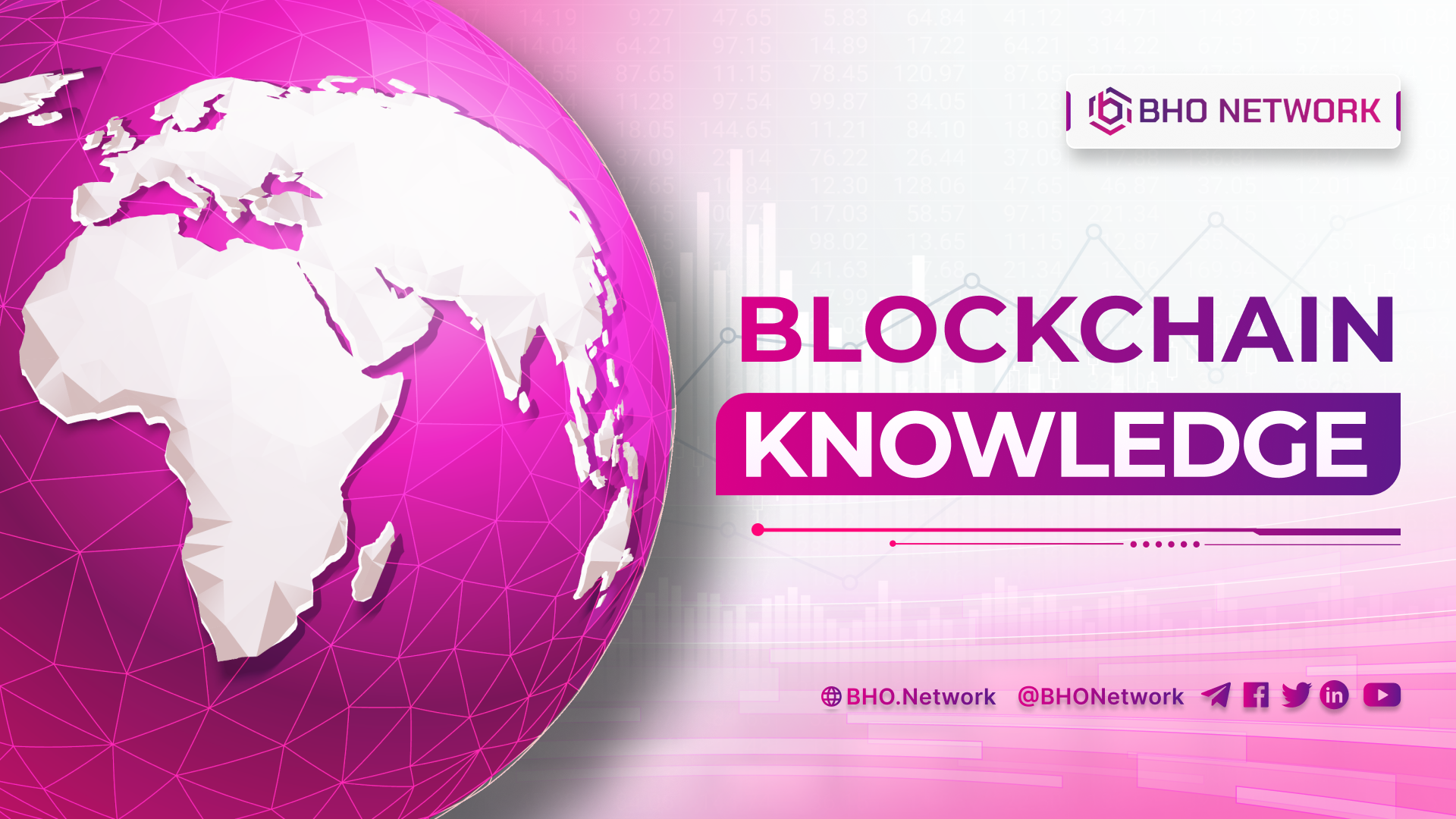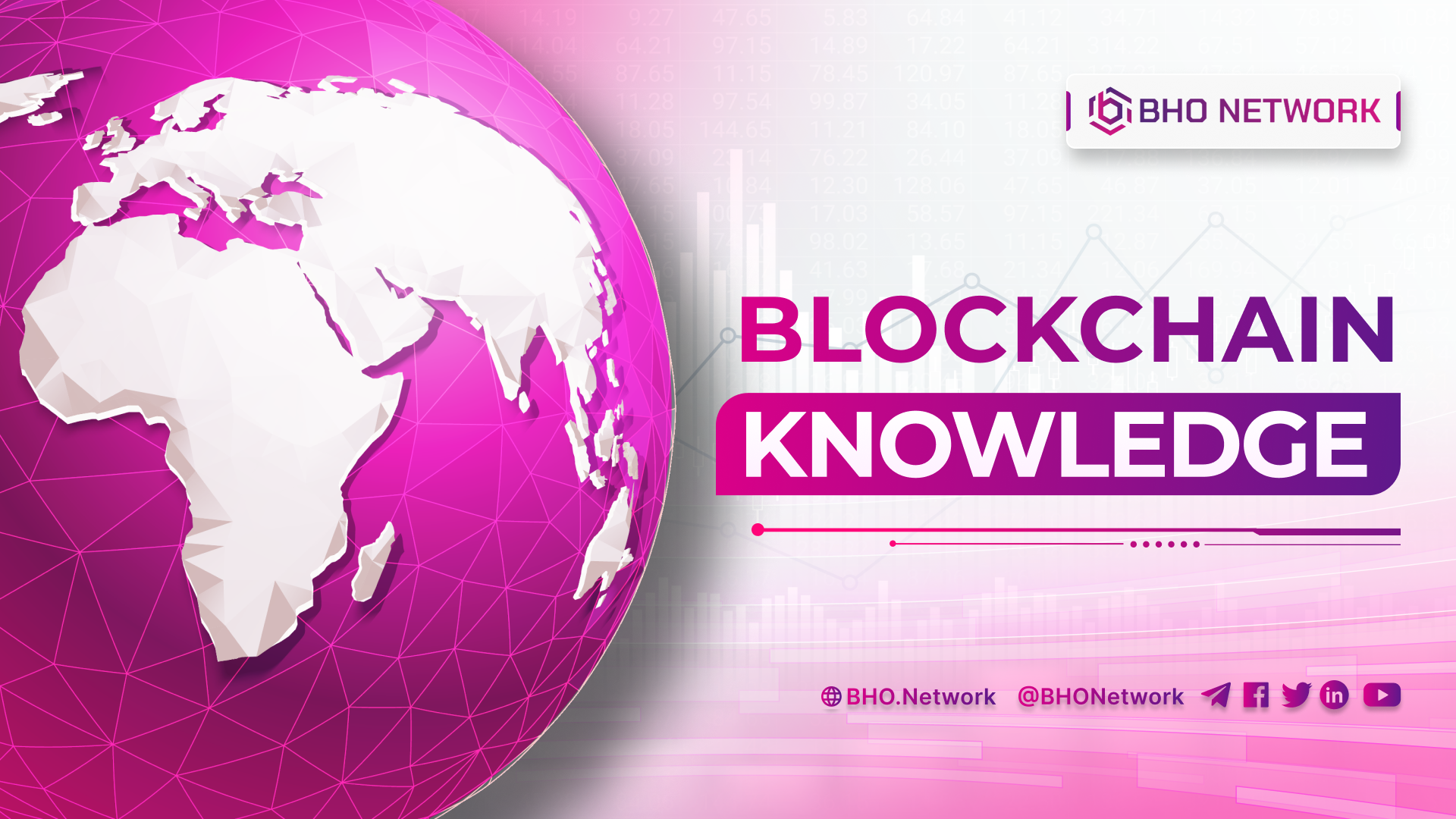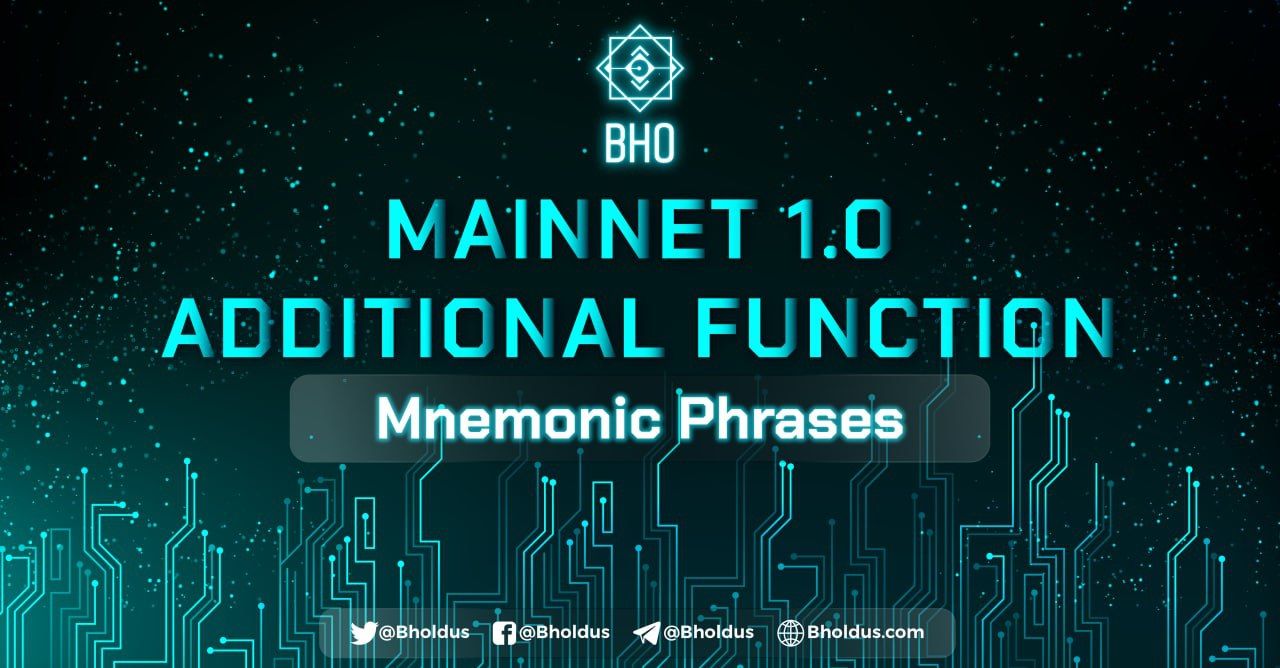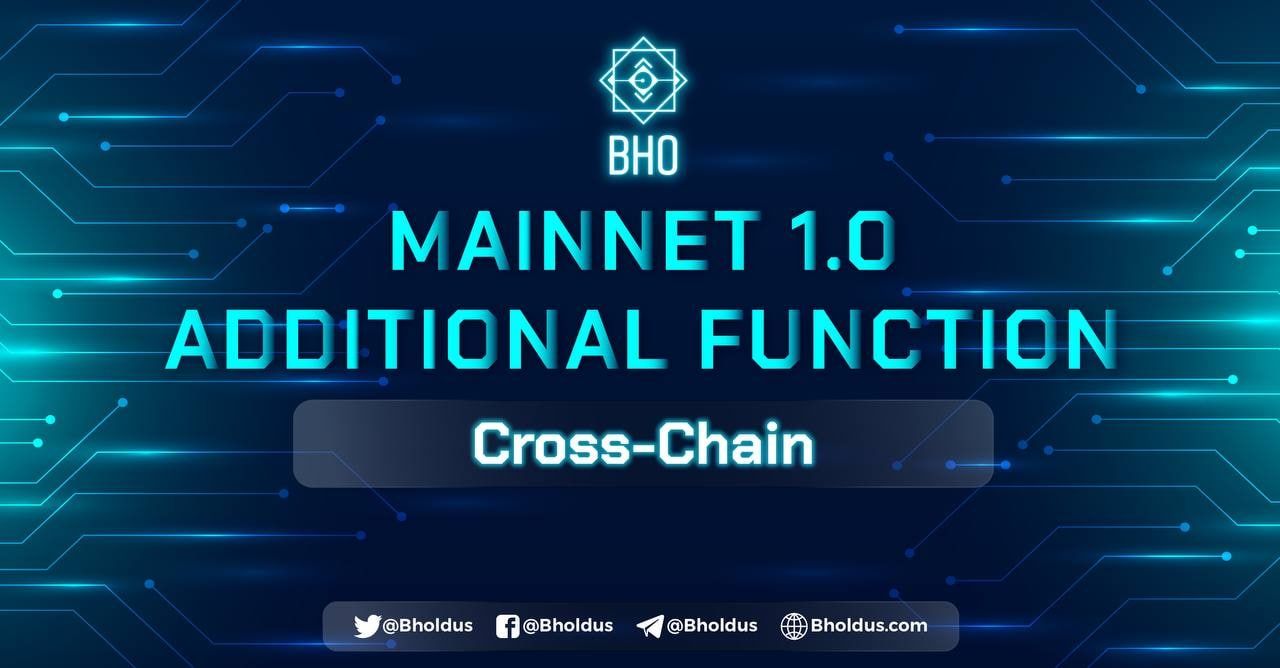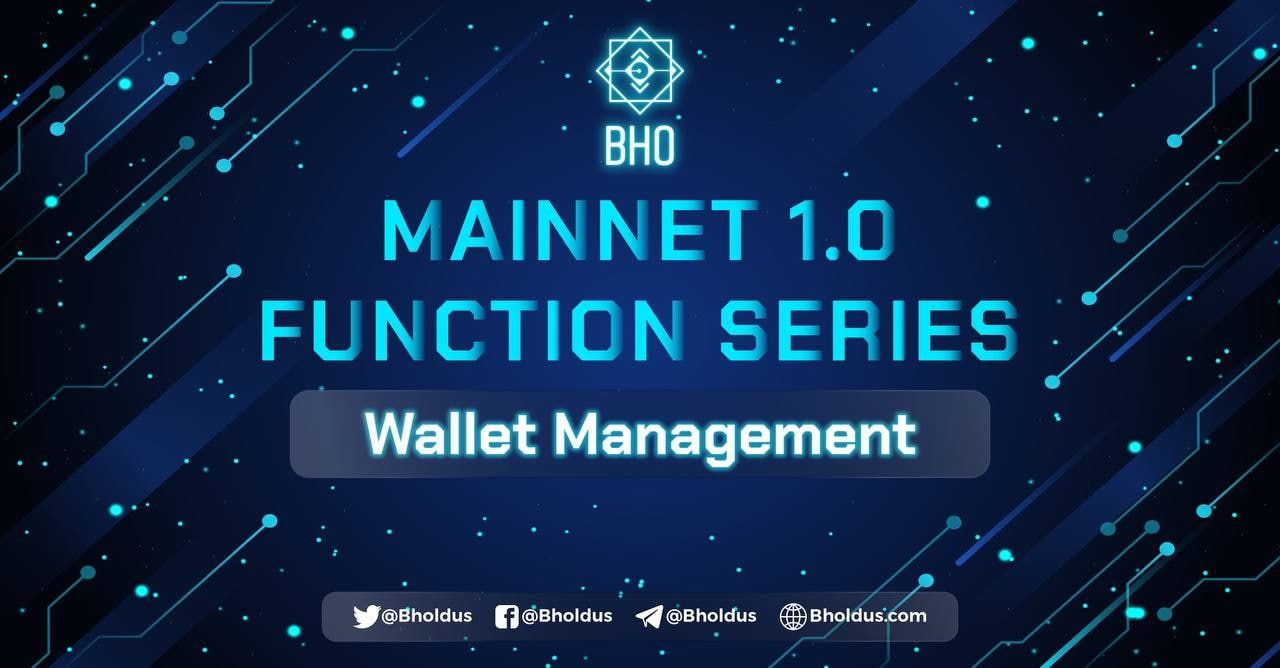- Blog
- Crypto News
- Smart Contracts - Information Overview
Smart Contracts - Information Overview
- 1. What is a Smart Contract?
- 2. How Smart Contracts Works
- 3. How is Smart Contract different from traditional contract?
- 4. Why should you use Smart Contract?
- 5. Advantages and limitations of Smart Contracts
- 5.1 Advantages
- 5.2 Limitations
- 6. Components of Smart Contract
- 7. Does Smart Contract have any risks?
- 8. How is Smart Contract applied in Crypto?
Smart Contract often appears in online transactions, especially on digital technology platforms and cryptocurrency transactions. Blockchain supports the contract in establishing a structure for easy manipulation by users. However, not everyone is well informed about this new type of contract. BHO Network's sharing content will help you learn more about the above issue. Stay tuned!
1. What is a Smart Contract?
Smart contract is a program that runs on the Blockchain as a digital contract executed by a set of rules. The computer code will define the contract principle, and the task of the nodes in the network is to copy and perform. The code that runs on the distributed system will generate the protocols that don't need to be delegated. Specifically as follows:
- Contract parties can make commitments through the Blockchain without revealing their identities or requiring trust.
- The user can guarantee that there will be no execution if the contract conditions are not satisfied.
Intelligent contract users do not need third-party support. Therefore, you will reduce operating costs for users. Every Blockchain will have a way to deploy Smart Contracts. For example, Cosmos has WASM, Polkadot has ink!, Ethereum Virtual Machine - EVM,...
2. How Smart Contracts Works
Work specific service to satisfy certain conditions. Therefore, a Smart Contract often follows "if…then...".
Smart Contracts are responsible for executing and managing the activities on the Blockchain when users interact with each other. Any address not part of the contract is called an Externally Owned Account (EOA). The contract is equipped with additional computers to control and provide EOA to the user. Ethereum has two components:
- The contract creator offers the first public key contract code.
- The public key is the primary representative. This key acts as a unique digital identifier for each smart contract.
Smart Contracts will be deployed via Blockchain transactions. Contract activation code is EOA or by other contracts. However, the first trigger point is always from the user's side.
Example of how smart contract works:
You want to rent an apartment and pay on Blockchain. The receipt will be included in a Smart Contract. The landlord will provide the password to the tenant on a specific date in the lease. The contract will be refunded if the password does not arrive on time as agreed between the two parties.
According to Smart Contracts, if the unlock pass is sent before the due date, the system will keep the money and the code. The operating contract is based on a pre-established command and is monitored by many people, ensuring no errors arise.
Read more: What is ICO? Overview of the ICO investment process
3. How is Smart Contract different from traditional contract?
To realize the difference between a smart contract and a traditional contract, you need to understand the highlights of each type of contract. Specifically, standard contracts will have the following characteristics:
- Legal experts create contracts.
- Contract content compiled a large number of documents.
- The contract requires the third party to enforce.
- It takes a long time to reach an agreement and conclude.
- Traditional contracts can have many problems, not being transparent.
- Traditional contracts are costly and rely on the judicial system to resolve issues.
Smart Contracts have many differences from traditional contracts. Specifically, the advantages of smart contract compared to other contracts are:
- Contracts are created by programming languages such as C++, Go, Python, and Java.
- The Blockchain distributed ledger system executes the entire code of the contract.
- The contract does not require an intermediary third party.
- Contract content always ensures transparency and accuracy in enforcement.
4. Why should you use Smart Contract?
Vending machines at supermarkets sell essential items such as bottled water, cakes, or snacks. You put 20,000 dongs into the machine, press the button to choose an energy drink bottle, and receive a drink at the pick-up slot. This is a simple, smart contract you often see and have done.
This all happens thanks to a small program that is coded into the machine before execution:
- if money received == 20,000
- && the button pressed is “Red Bull.”
- then release Red_Bull
This code is like a kind of automatic contract dynamic, with conventions of terms, and is automatically enforceable. The machine will automatically plan and put the smart contract into trading.
5. Advantages and limitations of Smart Contracts
If you want to prevent risks in using smart contracts, it is essential to learn about the strengths and weaknesses of Smart Contracts. BHO Network will help you learn more about the advantages and disadvantages of smart contracts right in the content below. Stay tuned for more!
5.1 Advantages
Smart contracts are a product of digital technology and help solve the disadvantages of traditional contracts. Therefore, Smart Contracts have been improved and possess many outstanding advantages such as:
- Application: Smart Contract can be used in many fields such as electronic money, Logistic, banking, and real estate, ...
- Freedom: The contract is not governed by any agency or a third party.
- Distributed: Smart contracts are copied and distributed in a decentralized network.
- Deterministic: The contract only executes established orders when the condition is satisfied. The results do not discriminate between the operators to ensure fairness.
- Automation: The automation mechanism for various contract tasks adapts flexibly. If not activated, the contract will remain “inactive” and not perform any activity.
- Non-modifiable: Smart contracts deployed are immutable, helping to prevent tampering by bad actors.
- Customizable: Before the contract is activated, the credentials can be encrypted and created in a Dapp.
- There is no need to rely on trust: Everyone can use smart contracts to cooperate without pre-existing trust. Blockchain technology will ensure the accuracy of data.
- Transparency: The contract is built on a public platform, transparent to all activities. However, you will not change the contract's source code.
5.2 Limitations
Besides the advantages, smart contracts still have some limitations that you need to pay attention to, such as:
- Legality: Smart contracts are not yet regulated in legal terms. Therefore, users will not be protected.
- Deployment cost: Users need to pay an amount for the system, computer, and programmer to create a smart contract.
- Risks from the internet: Basically, smart contracts will be safe if they don't reveal sensitive information or let hackers find vulnerabilities. All activities related to the internet can be revealed due to attacks from bad algorithms.
Read more: What is IEO? How to invest IEO to achieve the highest efficiency
6. Components of Smart Contract
An entire smart contract will be made up of many components. Specifically, the elements that make up Smart Contracts include:
- Subject: These are the related parties listed in the contract. The policyholder needs to grant access to the machine to lock and unlock when needed automatically.
- Electronic signature: This is a required element used to confirm agreement to the terms of the agreement contained in the contract.
- Contract terms: These are encrypted activity chains. Compulsory parties must accept these terms.
- Decentralized platform: The contract is completed and uploaded to the Blockchain after distribution.
7. Does Smart Contract have any risks?
In essence, Smart Contracts are just pieces of code that run on the Blockchain platform. The way the contract works is based on the developer's writing style. Therefore, smart contracts still have many risks because the code is likely to have bugs and be attacked by hackers.
In 2021, in the world there are many Smart Contract hacks and cause a lot of damage.. To avoid risks, contract makers must pay attention to issues such as terms from the time to pay Tokens of the fund, team, etc. When there is a mistake, you must rewrite the contract from the first step.
8. How is Smart Contract applied in Crypto?
Smart contracts provide applications to enhance the user experience. Developers can use this to develop more products such as e-wallets that store Coin-Token, decentralized exchange Dex, gaming games, and NFT,...
Related posts:
Smart Contracts are increasingly used widely and play an essential role in many fields. Especially if you are involved in the cryptocurrency market, this is an essential factor that cannot be ignored. Hopefully, the sharing of BHO Network has helped you understand what a smart contract is. Wishing you successful and secure transactions in the future with this new type of contract.
Published on December 01, 2022
Tagged topics
